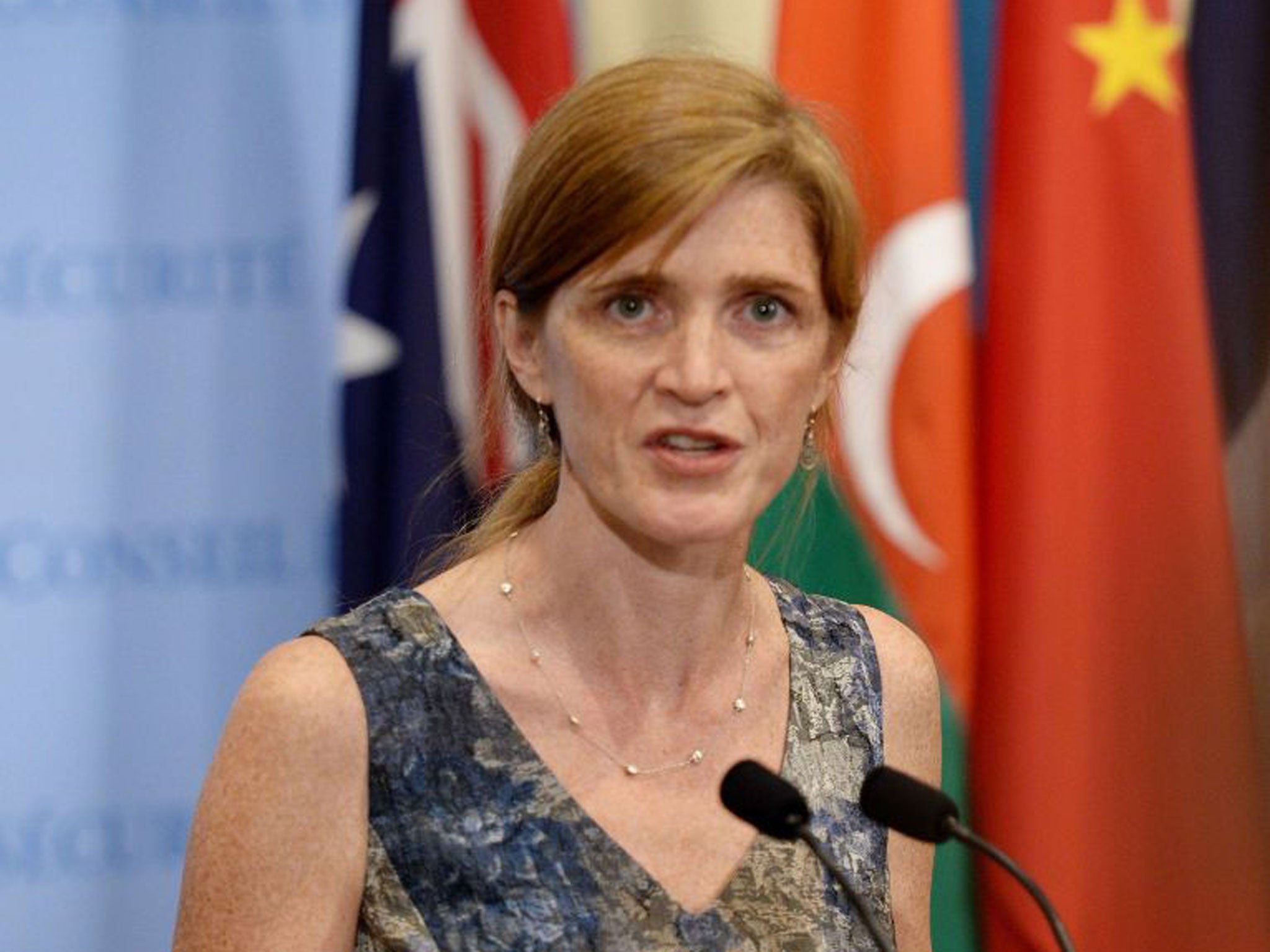UN General Assembly: Will US and Iran join hands for the first time since Jimmy Carter and the Shah?
Obama expected to be first US leader since 1978 to acknowledge an official from Tehran

Your support helps us to tell the story
From reproductive rights to climate change to Big Tech, The Independent is on the ground when the story is developing. Whether it's investigating the financials of Elon Musk's pro-Trump PAC or producing our latest documentary, 'The A Word', which shines a light on the American women fighting for reproductive rights, we know how important it is to parse out the facts from the messaging.
At such a critical moment in US history, we need reporters on the ground. Your donation allows us to keep sending journalists to speak to both sides of the story.
The Independent is trusted by Americans across the entire political spectrum. And unlike many other quality news outlets, we choose not to lock Americans out of our reporting and analysis with paywalls. We believe quality journalism should be available to everyone, paid for by those who can afford it.
Your support makes all the difference.The hot-air emissions from the United Nations in Manhattan will reach critical levels this week, as it does every year when world leaders gather for the annual General Assembly, yet this time some genuine burning issues will be raising the temperature, among them Syria, Iran and the reborn Israel-Palestinian negotiations.
Certainly, every scholar of diplomacy will be parsing the words of the new Iranian President, Hassan Rouhani, when he delivers his address on Tuesday. The endless loop of speeches from the podium will numb the mind. (David Cameron is not coming due to a certain party conference and his stand-in, Nick Clegg, as a non-head of Government, has a slot in the dog-eared hours of Friday.) But often it’s what happens beyond the chamber that matters. This week the world will watch for a particular pressing of palms in a corridor and a vote in a slightly more intimate venue, the Security Council.
The council is under intense pressure finally to adopt a resolution to enforce the framework US-Russian agreement on ridding Syria of chemical weapons. While diplomatic sources predict eventual success, though probably not until the week’s end, getting there will be tempestuous not least because it is now likely to be foreign ministers of the 15 member states who take the vote. Count among them Sergei Lavrov of Russia, who has accused the US of trying to “blackmail” him into agreeing a text that implies military action if Syria falls short. Facing him will be Foreign Secretary William Hague and US Secretary of State John Kerry. A toothless resolution will make the West look weak.
The Syria fight has been a baptism of fire for the newly arrived US envoy to the UN, Samantha Power, an immigrant from Ireland (though British-born) and former journalist. In her old role as top foreign policy advisor, she lobbied President Barack Obama for months to consider military steps to stop the Syrian slaughter. Now that her boss has drawn back in favour of the plan to remove chemical weapons she must follow a more nuanced dance.
If Ms Power feels any discomfort at having her predecessor, Susan Rice, among the huge US presidential entourage that touched down at JFK airport at lunchtime on Monday, she will at least know that her first weeks in New York have left a mostly favourable impression with other delegations. It helps that Mr Obama ended up not firing missiles at Syria, a decision that was greeted by relief at UN headquarters.
Among the first to be able to gauge the sincerity of Iran’s recent moderate rhetoric, including on its disputed nuclear weapons programme, was Mr Hague. He met his new counterpart from Tehran, Mohammad Javad Zarif, for bilateral talks on Monday.
"There is a chance for improved relations with Iran if the statements of President Rouhani and foreign minister Zarif really mean something, if they really mean what they are saying" and their words "are matched by concrete steps and actions", Mr Hague said after the meeting adding that both sides had agrees to seek a quick resumption of international negotiations on Iran's nuclear programme.
Mr Hague said officials from both countries had also been told to begin examining the process for re-opening embassies in the respective countries. The British embassy in Tehran was overrun and closed in 2011 and Iran was told subsequently to close its London embassy.
In line before him was Catherine Ashton, the EU’s foreign policy chief. “I was struck by the energy and determination the foreign minister demonstrated,” Lady Ashton said. To convince the doubters, another 80 political prisoners were released from jail.
Most tantalising is the expectation of a greeting today between Mr Rouhani and Mr Obama. Even if it is only a shaking of hands in a corridor, the ripples will be wide. Not since Jimmy Carter met the late Shah in 1977 has any US President acknowledged the existence of a counterpart from Tehran.
Join our commenting forum
Join thought-provoking conversations, follow other Independent readers and see their replies
Comments